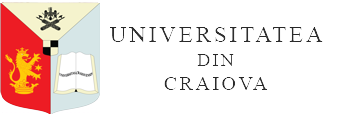The Ethical Concept of Shame as a Social Regulator of the Students’ Behaviour
DOI:
https://doi.org/10.52846/aucssflingv.v45i1-2.119Keywords:
shame; ethical concept; adolescentsAbstract
The aim of the research is to study the impact of the ethical concept of “shame” on the moral consciousness and behaviour of adolescents in high school. To do this, an analysis of the concept of “shame” in special literature was carried out, as well as an analysis of the content of this concept in the minds of adolescents; the main substantive signs of its lexical representations of various morphological natures were revealed: negativity, reason, external orientation of emotion, and internal emotional traits. The survey of adolescents also established the degree of effectiveness of shame as a social regulator and modifier. The insufficient regulatory and modification effectiveness of the concept of “shame” revealed in the course of the
research is influenced by several factors: a value crisis in the spiritual state of modern society; psychological characteristics of adolescence; shortcomings of the idea of shame formed in the minds of adolescents (a superficial understanding of emotion, an insignificant degree of the emotions of fear and guilt in the shame complex, lack of logical awareness of cause-and-effect relationships). To eliminate these shortcomings and increase the effectiveness of the concept of shame as a social regulator of adolescents' behaviour, it is necessary to carry out significant work on organizing a system of work on the formation of ideas about shame in adolescents, on their inclusion in practical activities to form the ethical concept under study in the family and school.

